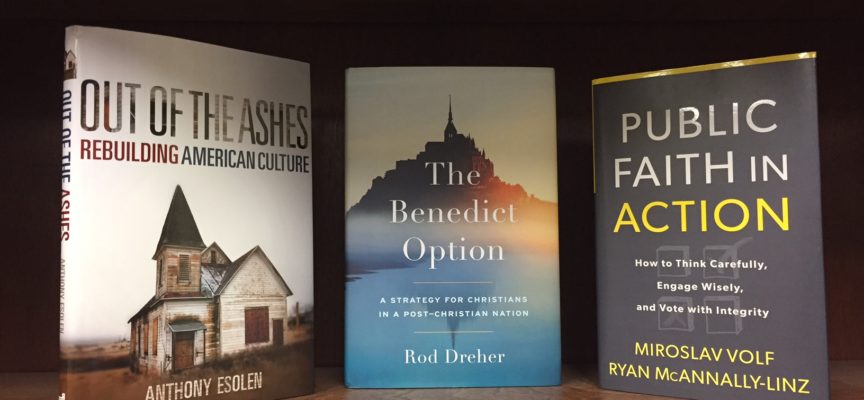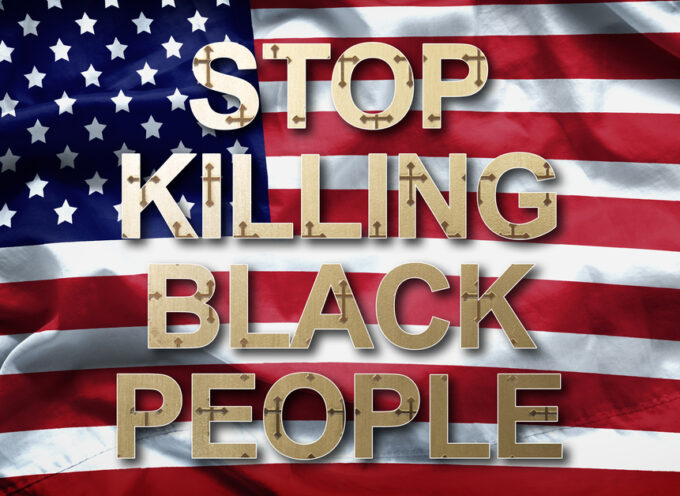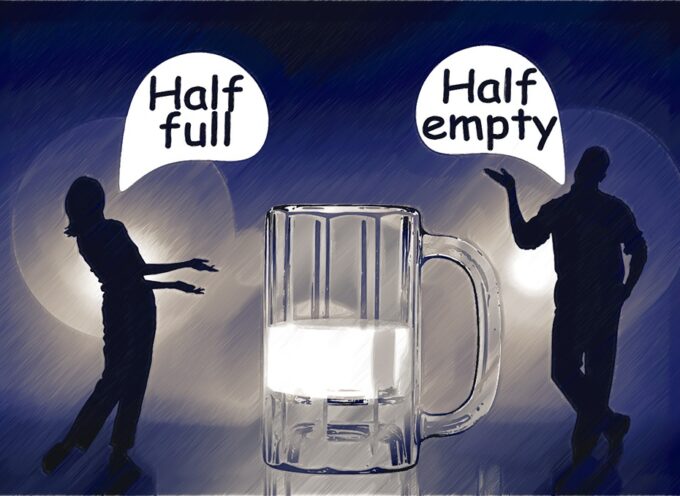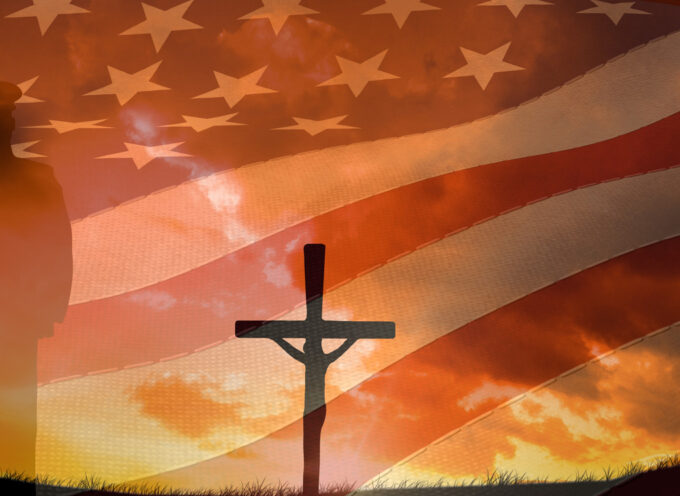Here are three new books (and an old one) that I am currently reading and evaluating. I recommend them to pastors, professors, students, and others who are interested in exploring the intersection between Christianity, politics, and public life. I will describe each book and then provide a brief-to-the-extreme evaluation of it.
- Anthony Esolen, Out of the Ashes (Regnery, 2017). Esolen argues that our shared civilization is crumbling and must be rebuilt. He argues that we can rebuild only if we begin by “giving things their proper names,” which is his way of saying that we must once again become truth-tellers. The first chapter addresses the restoration of truth-telling, with subsequent chapters arguing that we must restore a sense of beauty, rebuild our schools and colleges, restore manhood and womanhood, renew our work and leisure, and relearn how to attend to public affairs for the common good. He concludes with a fine chapter reminding us that, in this time between the times, our hope should be placed in a future kingdom. I appreciate his emphasis on rebuilding American culture (which he articulates in a way that will be attractive to many Catholics and Reformed Protestants), but wish he had focused more on the church as a colony of the kingdom (the essential Anabaptist insight). 203 pages.
- Rod Dreher, The Benedict Option (Sentinel, 2017). Dreher argues that American Christians must come to grips with the fact that American culture is predominantly secular. Christianity comes across as strange and even bad within our society’s reigning plausibility structure. In response to this recognition, Dreher argues that the way forward is actually the way “back” to St. Benedict of Nursia, the early medieval monk who retreated to the forest after Rome’s fall. He built communities that were undergirded by order, hospitality, stability, and prayer. As Dreher sees it, we should learn from those Benedictine communities so that our own American faith communities can be pockets of light in the new Dark Ages. I appreciate his emphasis on constructing a resilient counterculture (the strength of the monastic and Anabaptist visions), but think that we also are responsible to work for the common good in public life (the strength of the Reformational tradition, as represented by thinkers such as Abraham Kuyper and Lesslie Newbigin). 262 pages.
- Miroslav Volf and Ryan McAnnally-Linz, Public Faith in Action (Brazos, 2016). This book grew out of a series of Facebook posts designed to coach Christians on public involvement during the 2012 election cycle. Volf and McAnnally-Linz want Amerian Christians to bring their faith with them into the public square, but to do so in a way that is appropriate to shared life in a pluralistic society. Their aim is to help Christian think critically from within the Christian tradition so that they can “engage” political issues wisely and vote with integrity. The three parts of the book address big-picture Christian commitments, Christian views on specific public policy issues, and Christian virtues for public life. I appreciate the book’s thesis, its Christian particularity, and its intelligent and lucid rhetoric. I find myself mostly in agreement on big-picture issues and Christian virtues, and sometimes in agreement with their application to specific public policy issues. 240 pages.
- George W. Carey, ed. Freedom and Virtue (Intercollegiate Studies Institute, 1984). This little volume of essays is a very lively debate between conservatives and libertarians. After WWII, conservativism consisted of three wings: (1) classical liberals and libertarians who promoted free-market economics and devoted great energy to fighting big government programs, such as the New Deal; (2) traditionalists who called for a return to religious orthodoxy, moral absolutes, and strong mediating energies, and who devoted their energies to fighting secular liberalism’s spiritual and moral infelicities; and (3) anti-Communists whose vigorous promotion of democratic capitalism was motivated by their revulsion towards Communism. By 1970s, however, the disagreements between libertarians and conservatives became increasingly sharp. Carey’s Freedom and Virtue provides the reader a good idea of the issues and personalities on either side. The essays are informative and nothing if not vigorous, but the reader must be aware that several of the authors seem personally committed to misrepresenting and demeaning the authors on the opposing side of the debate. 156 pages.
For those readers who are interested in further reading, here are “12 Books Every Pastor, Professor, or Student Should Read (about Christianity, Politics, & Public Life)” and “7 of 2016’s Best Books for Political Junkies.”
Subscribe
Never miss a post! Have all new posts delivered straight to your inbox.







